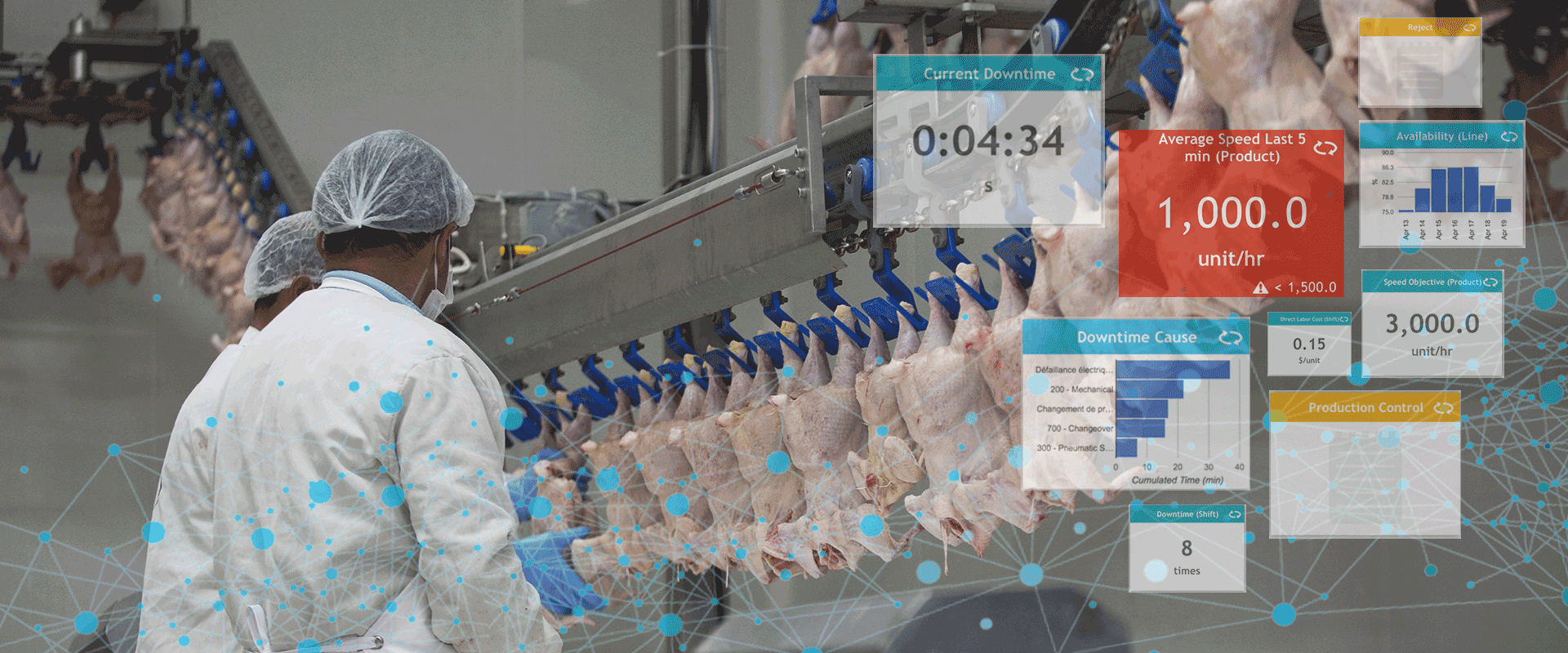Using monitoring to boost productivity and efficiency is a good use of basic IoT technology, but it can do much more. Efficiency improvements are always a good thing, but in short run, high-mix environments, those increases in productivity and waste elimination can translate into opportunity and profitability.
Strategic expansion and smart factory analytics
Are you using or planning on using your connectivity solution to inform and affect long-term strategies? Instead of focusing only an improving what you already do, you can use the comprehensive data from your manufacturing operations to expand your capabilities. The Internet of Things and connectivity are much more than automation. Automating manual processes is an essential step, but it just scratches the surface of the potential of the smart factory. By learning from the information you collect, you can determine how to do more with minimal, cost-effecitve changes.
According to Deloitte, “The true power of the smart factory lies in its ability to evolve and grow along with the changing needs of the organization—whether they be shifting customer demand, expansion into new markets, development of new products or services, more predictive and responsive approaches to operations and maintenance, incorporation of new processes or technologies, or near-real-time changes to production.”
Invite creativity and flexibility
Taking advantage of the potential of smart factory may require a mindset shift. Previously, productivity required rigidity and strict adherence to set schedules and massive plans. With real-time data, you can be more flexible, analyzing opportunities and capabilities more often and shifting plans. Intelligent data analysis and information sharing with different departments can open up opportunities for creative, innovative solutions to grow revenue.
In the McKinsey article How technology can drive the next wave of mass customization, authors Gandhi, Magar, and Roberts said, “Flexible manufacturing systems are essential to making small-batch production for mass customization profitable.”
Exploit expertise with smart factory analytics
With automated reporting and shared access to analytics, people’s time can be redirected from data-gathering and data-sharing tasks to more value-added tasks. Ask the people on the factory floor where they see opportunities for improvement. By using both machine-based information and input from your experienced workers, you have the best of both worlds: comprehensive data and knowledge.

Increase responsiveness to demand
If a big order comes in, how do you determine your maximum capacity? Are your capacity plans based on estimates or actual data about production rates? What would it take to quickly scale up and boost production? Real-time data removes the guesswork from the equation so you know what you realistically can and can’t accommodate.
It’s understandable that efficiency gains and trackable ROI are immediate objectives when implementing an IoT solution. However, it’s important to look beyond improving what’s happening today to see the massive potential for using this disruptive technology to your advantage. By incorporating IoT analytics into strategic planning, forecasting, and capacity estimations, a new future of possibilities can emerge with many new opportunities for increased competitiveness and market share.
Learn more about implementing an IoT solutions and Smart Factory Analytics.















